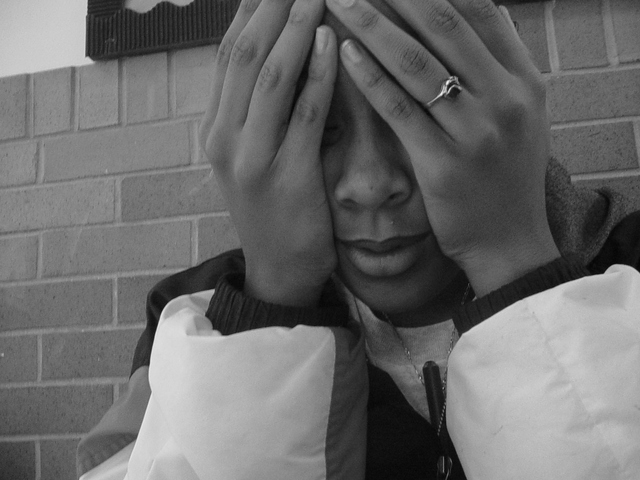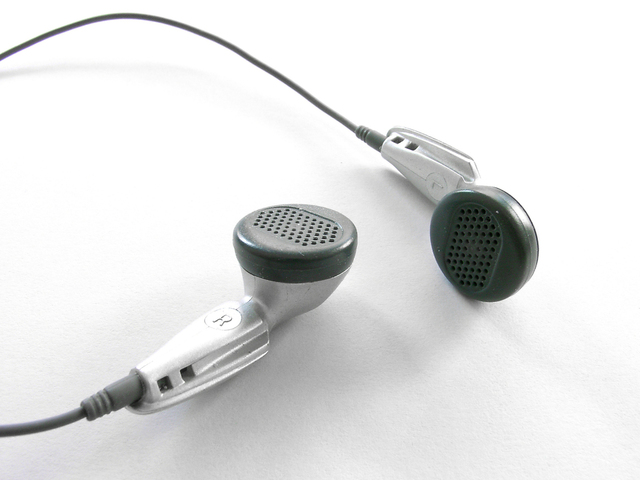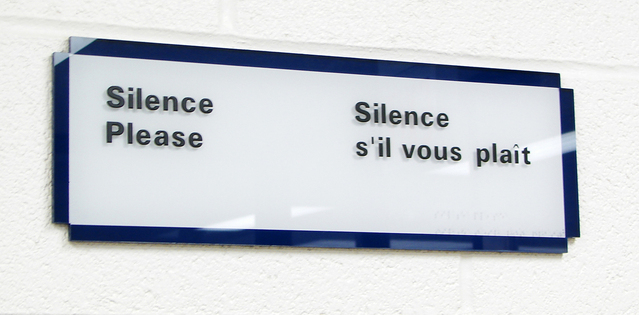Is there a correlation between the intense studying a student does and the appearance of tinnitus?First off where young student may differ from the general population is that they maybe at the mercy of extreme lifestyle swings. Meaning one extreme to the other, an example of this would be, loud parties and concerts and then periods of intense study late at night in silence. So if there is any hearing damage (even temporary) there’s a far greater chance of being aware of it. My advice to all people, students or not is protect your hearing!
However if your tinnitus is becoming more and more prevalent and troubling whilst you’re studying perhaps you need to look at several of these suggested areas.
Stress
A lot of young students are under a lot of pressure to achieve and perform, from parents, society or themselves. And there is not only academic pressure to consider, college and university is also a time of social pressure. From looking good and fitting in, to considering what to do once college is over. Like it or not these are heady, stressful times. As we know stress does a lot of weird things to the hormonal system and nervous system and we also know that stress and tinnitus often go hand in hand.
Posture
Lets look specifically at the physical manifestations of studying. You spend countless hours hunched over a keyboard, staring at a bright screen, eyes strained, brain focused. Tension builds in your neck, shoulders, eyes, forehead, jaw your brain also becomes strained, myopic and hyper alert.
It is known that tinnitus can arise from tension or misalignment. Tension headaches are a classic example of this. Tension in the jaw muscles or TMJ is known to cause tinnitus.
Headphones
Many students unknowingly damage their ears by using headphones, which are too loud too frequently. Especially ear bud style head phones, which gets right down into the ear canal. And can subject the eardrum to some alarmingly high decibels.
Stimulants
Studying can be intense and many students cram or spend many late nights studying sometimes until the morning light. In order to achieve high levels of focus and alertness many students resort to stimulants, coffee being the most common and the mildest. Other stimulants frequently consumed in large quantities can have profound affects on the body other than just keeping you alert. Although a coffee drinker myself, it’s important to understand what stimulants can do to your body.
Silence
Silence? Well, this might sound silly but along with the loud parties and all night student raves comes long periods of silence where a student will find him or herself studying into the often quiet early hours. When it’s very silent our brains have a tendency to become hyper aware and grab onto any background or internal sound. Why does a dripping tap bother you when it’s silent? Add a few people or the television and you’d never notice the drip. When you add stimulants such as coffee, energy drinks, caffeine pills to this acutely focused and silent environment it could be a recipe for tinnitus. The problem with tinnitus is, once you’re aware of it, it can be very, very difficult to train your brain to switch off all the attention it’s giving it.
So, if you’re a student or someone who burns the midnight oil glued to a studious endeavour and you’re currently struggling with tinnitus my advice is to go through this list and see if any of these issues applies to you.












